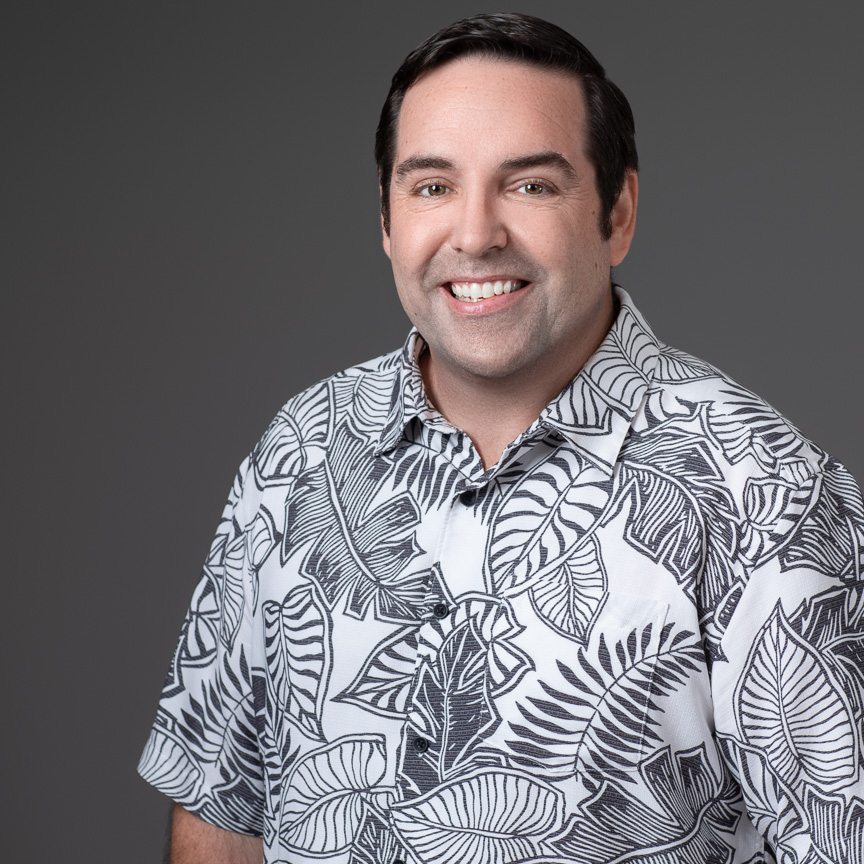Should You Pay Off Your Mortgage or Invest?
Mortgage Interest Rate
If your mortgage has a low interest rate (generally below 4-5%), it may be better to invest extra funds rather than pay off the mortgage early. This is because you can potentially earn higher returns by investing in the stock market over the long run compared to the interest savings from paying off a low-rate mortgage. The stock market has returned roughly 10% annually since 1926, which would beat most mortgage rates we've seen since the rates settled down after the 1980s.1 However, most people don't have a 100% stock portfolio and usually have some bonds or other fixed income that bring their portfolio average returns down to something less than 10%. The key is to understand what a reasonable expected return for your portfolio might be and comparing that to your current mortgage rate. If you have a high confidence level that you can beat your current mortgage rate with your investment portfolio return, it may make sense to put your extra cash to work in your investment portfolio.
However, if your mortgage has a high interest rate (above 6-7%), it usually makes more sense to pay it off faster to save on interest costs. If your mortgage interest rate is high, paying off your mortgage could provide a guaranteed return equivalent to your mortgage rate, which might be more attractive than potential investment returns.
Investment Returns
Tax Implications
Liquidity Needs
Peace of Mind
Example Scenarios
Here are some scenarios that may help shed some light on the decision making process.
- Low Mortgage Rate, High Risk Tolerance: Consider investing your extra income. If your mortgage rate is, for example, 3%, and you believe you can earn 7% from investments, the potential higher return might justify investing.
- High Mortgage Rate, Low Risk Tolerance: Consider paying off your mortgage. Eliminating a high-interest debt provides a guaranteed return and reduces financial risk.
- Balanced Approach: Split your extra income between paying down your mortgage and investing. This diversifies your financial strategy and balances debt reduction with potential growth.
- Close to Retirement: Focus on paying off your mortgage to reduce expenses in retirement. Being mortgage-free can lower your required retirement income and provide financial stability.
In summary, if you have a low mortgage rate, a long investment horizon, and can tolerate some risk, investing may be the better choice. But if you have a high mortgage rate, low risk tolerance, or prioritize being debt-free, paying off your mortgage could be the wiser decision. As always, it is a good idea to consult with your financial advisor and tax professional before making a decision on a mortgage reduction strategy.
If you'd like to learn more about strategies we use with our clients, you can contact one of our advisors here.
1Dimensional Fund Advisors. "The Uncommon Average." Dimensional Fund Advisors, n.d. [Online]. Available: https://www.dimensional.com/us-en/insights/the-uncommon-average. May 31, 2024; Freddie Mac. "Primary Mortgage Market Survey (PMMS)." Freddie Mac, n.d. [Online]. Available: https://www.freddiemac.com/pmms. May 31, 2024.
2Dimensional Fund Advisors. "The Uncommon Average." Dimensional Fund Advisors, n.d. [Online]. Available: https://www.dimensional.com/us-en/insights/the-uncommon-average. May 31, 2024.
3Fidelity Investments. "Investment Risk." Fidelity Investments, n.d. [Online]. Available: https://www.fidelity.com/learning-center/personal-finance/investment-risk. May 31, 2024.
4Tax Foundation. "Home Mortgage Interest Deduction." Tax Foundation, n.d. [Online]. Available: https://taxfoundation.org/research/all/federal/home-mortgage-interest-deduction/. May 31, 2024.
5Tax Foundation. "2017 Tax Cuts and Jobs Act Analysis." Tax Foundation, n.d. [Online]. Available: https://taxfoundation.org/research/all/federal/2017-tax-cuts-jobs-act-analysis/. May 31, 2024.
6Tax Foundation. "Home Mortgage Interest Deduction." Tax Foundation, n.d. [Online]. Available: https://taxfoundation.org/research/all/federal/home-mortgage-interest-deduction/. May 31, 2024.

About the Author: Matt McConnell, CFP®, AMPA®
Senior Financial Advisor
Matt joined Hawaii Partners 3D Wealth Advisors in November 2020 after spending 21 years running his own financial planning franchise at Ameriprise Financial, LLC. Matt and his wife Uyen live in Honolulu and have one daughter. In his free time, he enjoys going to the beach or park with his family, as well as surfing, hiking, and playing ice hockey! Matt also helps run the annual St. Patrick's Day parade and participates in other volunteer work throughout the community whenever he gets the chance.
